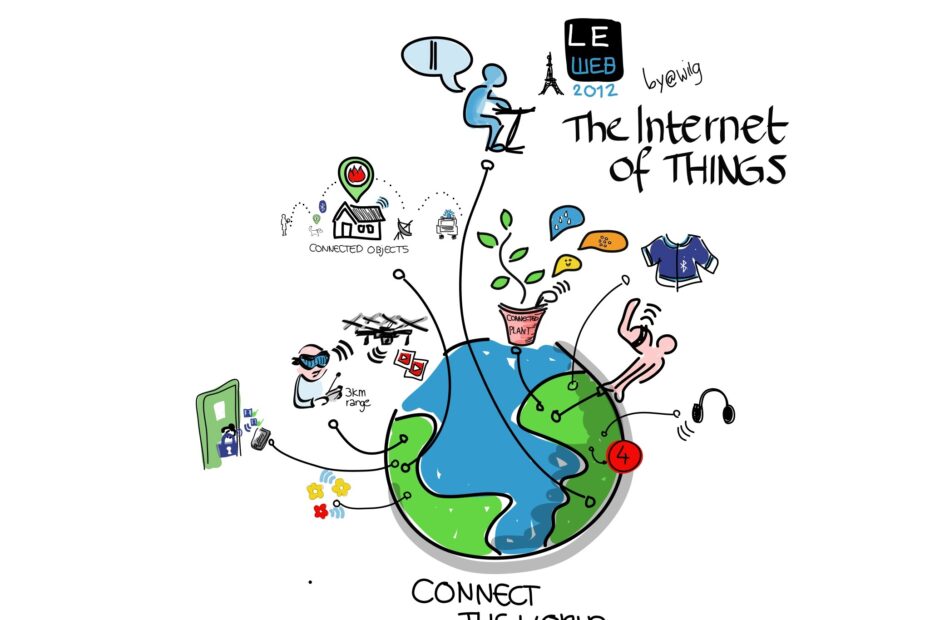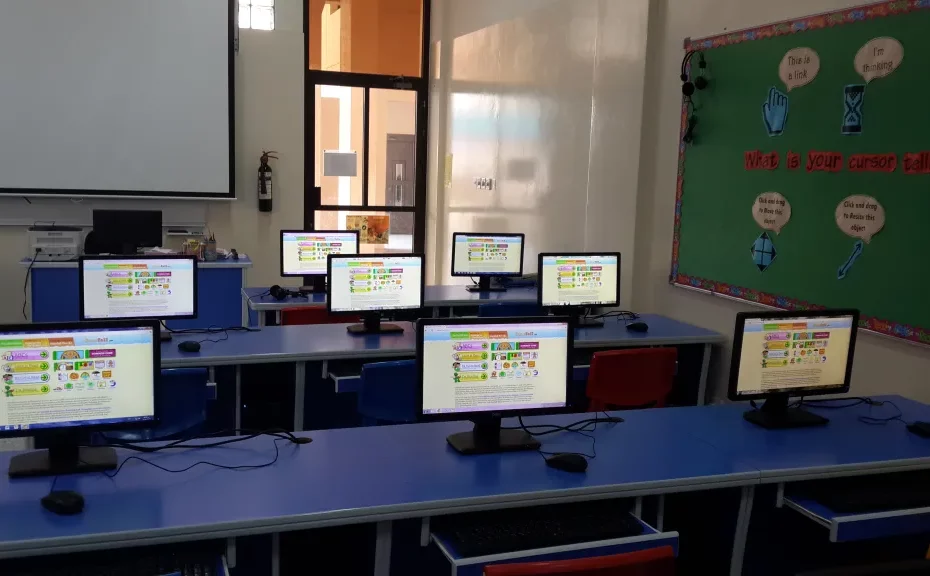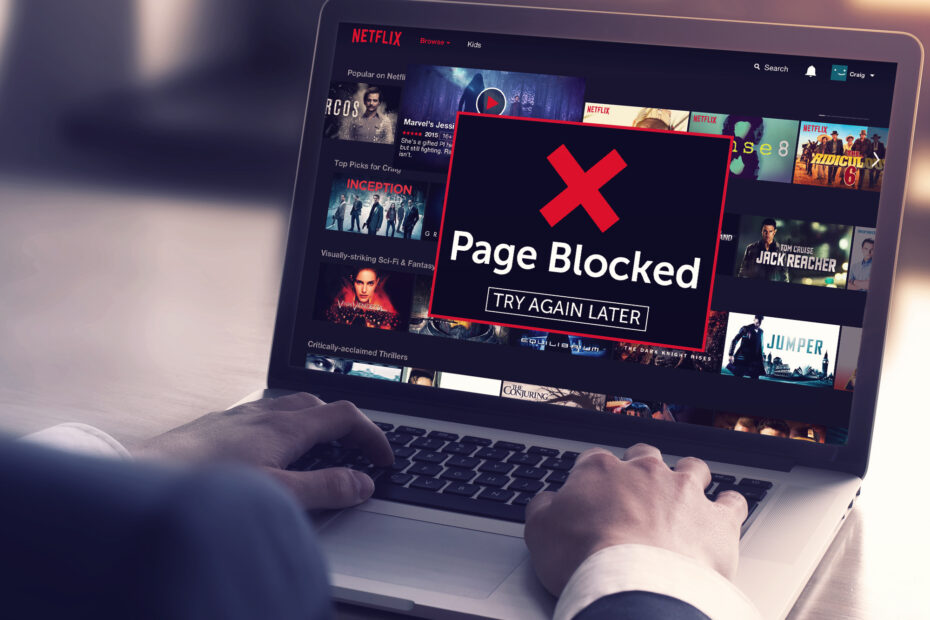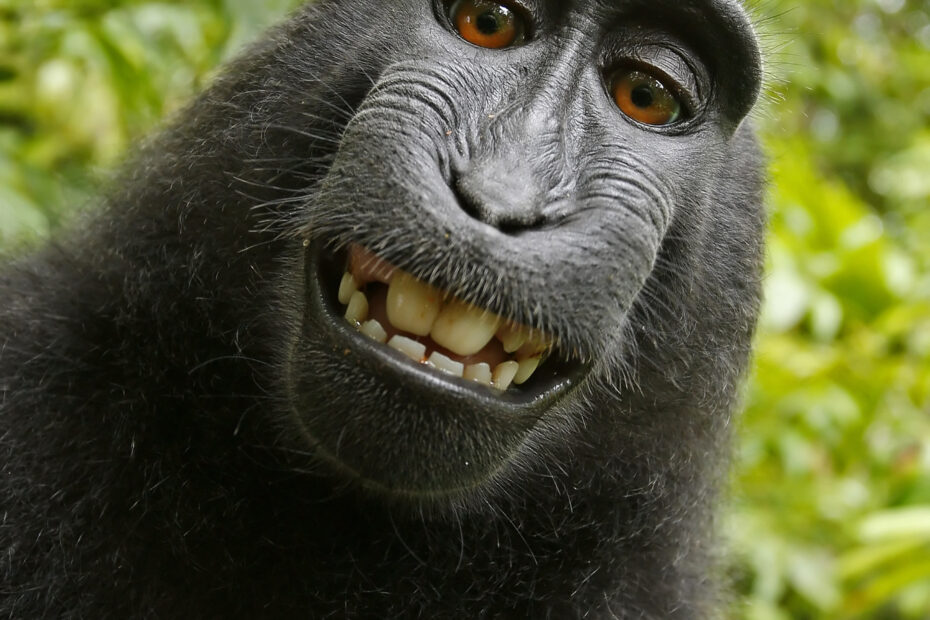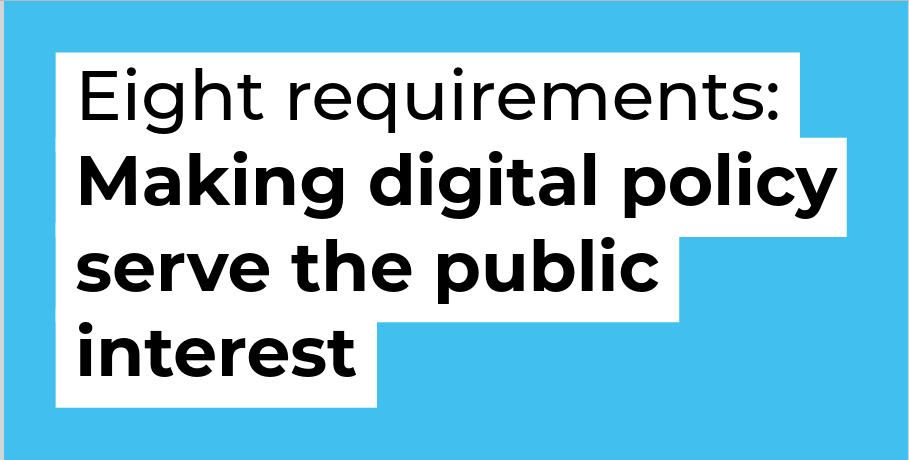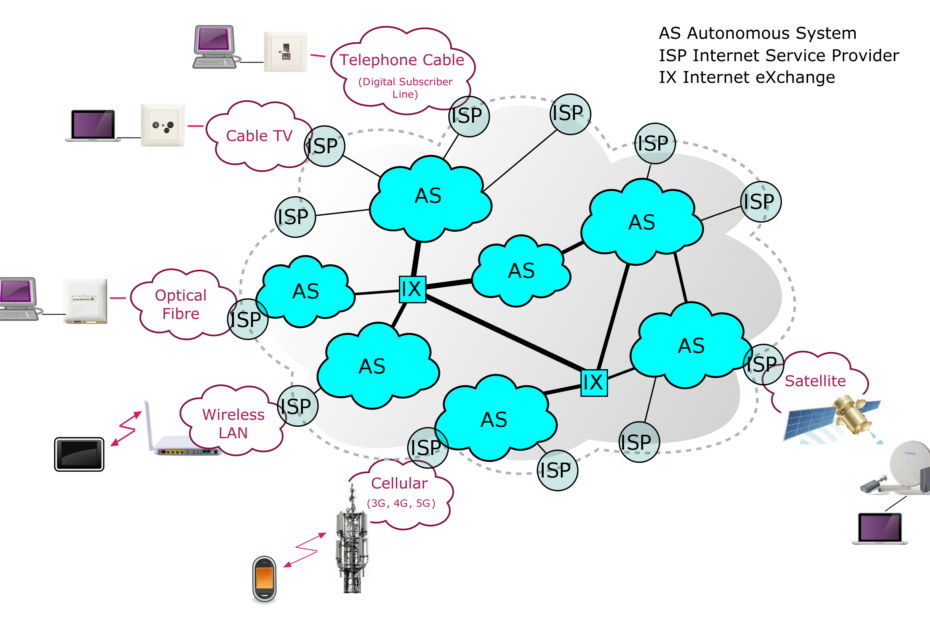Cyber resilience Act – it’s a wrap!
We finally have a deal on the Cyber Resilience Act.
It is a EU regulation thought up to make internet-connected products safer. With other words, it tackles the IT security and software maintenance of your smart toaster and AI-powered fridge. The tool originally chosen is to create obligations to manufacturers and/or vendors. We were involved in these negotiations because the newly proposed obligations could have seriously messed up the free & open software ecosystem.
Perhaps not intended, but the initial proposal and some of the interim versions didn’t clearly protect free software and would have risked that individual, volunteer contributors of code to free software projects are liable and have to comply with the same stringent obligations as large companies.
Read More »Cyber resilience Act – it’s a wrap!








